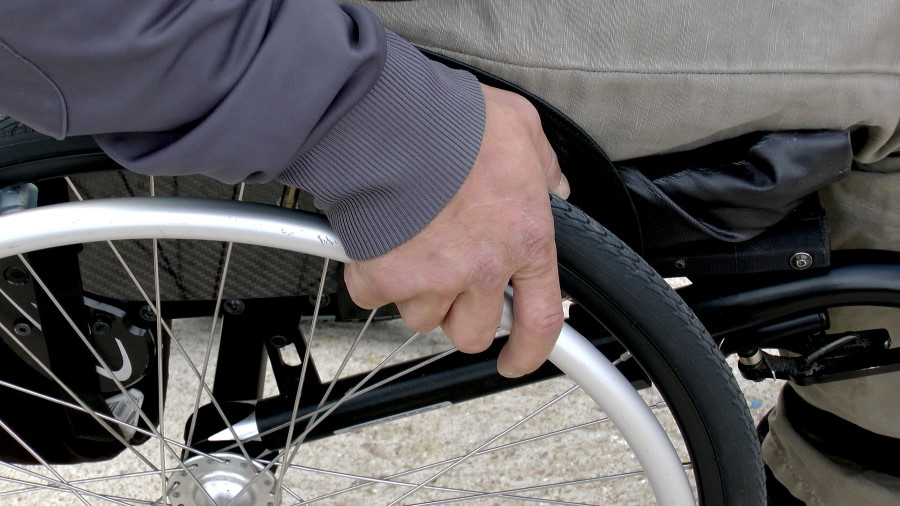Apellis drops ALS drug, in another blow to patients

The litany of failed experimental therapies for amyotrophic lateral sclerosis (ALS) added another verse today, after Apellis Pharma gave up on Sobi-partnered candidate pegcetacoplan.
The decision was taken after the phase 2 MERIDIAN trial of the drug showed no benefit for the drug over placebo on either the primary endpoint of scores on the Combined Assessment of Function and Survival (CAFS) tool at 52 weeks, or secondary endpoints including muscle function and strength, lung function, and survival.
The decision hasn’t come entirely out of the blue, as Apellis revealed last month that it was discontinuing the open-label extension of MERIDIAN, saying a review of the unblinded data from the study “did not support continuation of treatment.”
Nevertheless, the outcome of the main portion of the study is desperately disappointing for patients, which have seen only a handful of therapies come to FDA approval in the last couple of decades, none of which do more than provide relief of symptoms or a temporary delay in disease development.
“We are disappointed in the outcome of the MERIDIAN study, especially on behalf of the ALS community who has been waiting for new treatments for this complex and unrelenting disease,” said Jeffrey Eisele, Apellis’ chief development officer, in a statement.
“Our hope is that the data generated from this study will continue to support future research and development in ALS,” he added.
Pegcetacoplan is already approved as an intravitreal injection for sight-robbing disease geographic atrophy (GA) called Syfovre, as well as in a subcutaneous formulation (Empaveli) for rare blood disorder paroxysmal nocturnal haemoglobinuria (PNH).
The same systemic formulation tested in ALS, meanwhile, is also being investigated in the phase 3 VALIANT study involving patients with immune complex membranoproliferative glomerulonephritis and C3 glomerulopathy, as well as for cold agglutinin disease (CAD) in the pivotal CASCADE trial.
News of the failure came a couple of days after Wave Biotech also said it was abandoning its C9orf72-targeting antisense drug WVE-004 for ALS-related dementia, and other failures from Cytokinetics, Biogen/Ionis, and AstraZeneca’s Alexion in the last year or so.
Despite those disappointing outcomes, there have been some recent approvals in ALS to extend the options for patients, including the Qalsody (tofersen) earlier this year for a subcategory of ALS patients with SOD1 mutations, and Amylyx’ Relyvrio (sodium phenylbutyrate/taurursodiol) last year.
Tanabe Pharma’s intravenous Radicava (edaravone) was cleared by the FDA in 2017, ending a 22-year drought for new therapies, and an oral version was cleared last year.













